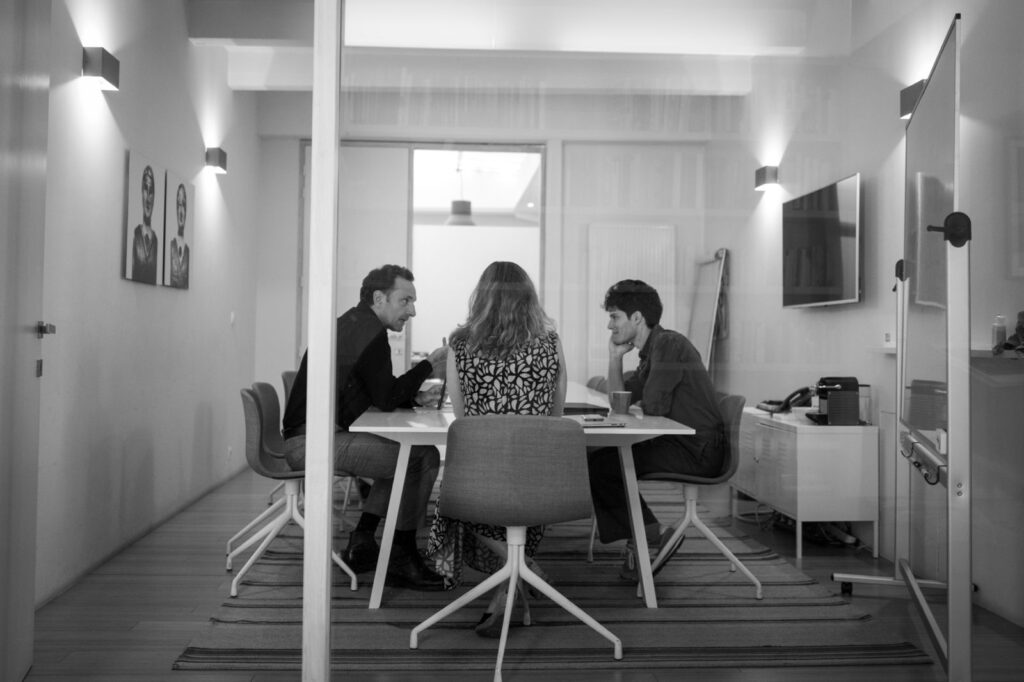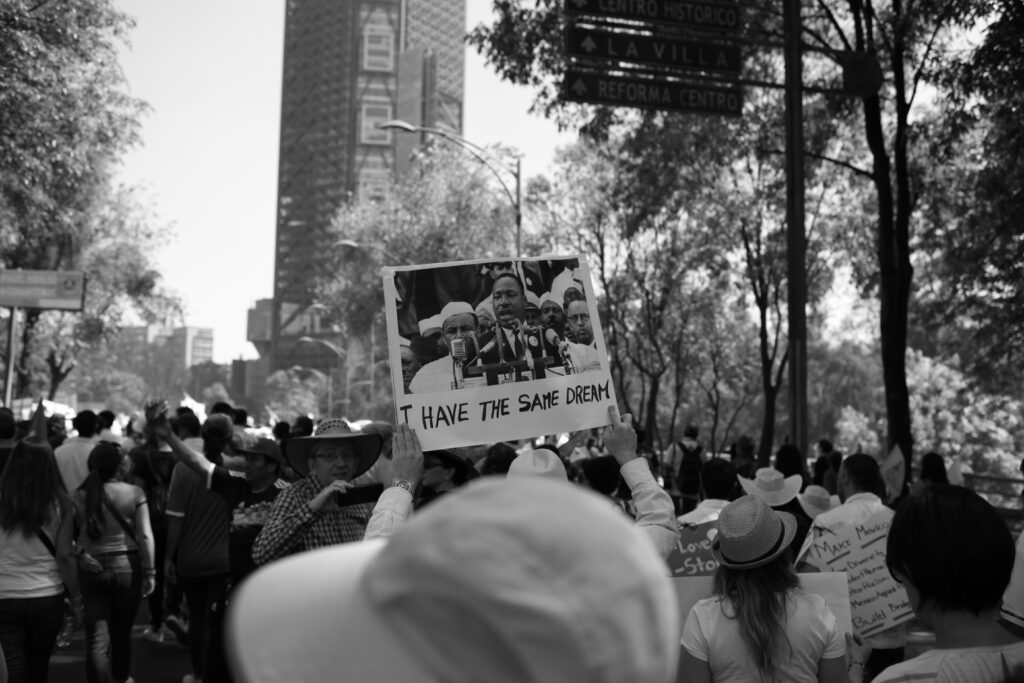We need to ask ourselves what is an acceptable error in the public domain and how we can put public action in a position to innovate.
Fabulous Failures – The art of embracing chance and mistakes” was recently on show at Le Botanique. It was based on the book “Failed It” by the Dutch artist Erik Kessels, whose aim is to show “how to turn mistakes into ideas and other advice on how to screw up successfully”… An iconoclastic statement, but one that is only half provocative, since we can all guess that the process of invention requires failure. Shouldn’t we also, as citizens, allow our political leaders to fumble and fail?
“Fail fast, early, often”, a huge joke?
The notion of failure as a corollary of innovation is lauded everywhere. Isn’t the motto of Silicon Valley “fail fast, fail early, fail often”, suggesting that mistakes are inherent to learning and disruptive progress? It’s fashionable to say that at Google, bonuses are awarded to those who have tried to develop a new approach, failed and learned from their misfortune.
Imagine advising this to an elected representative or a director of a federal administrative service, or a candidate in one of the 2018 and 2019 elections announcing: “I am committed to trying to achieve this objective and will not hesitate to fail as many times as necessary”! Your days as a political strategy consultant seem numbered. And yet that’s what you have to learn to do, in public affairs too.
This mantra is decried in the business world for fetishising failure. Of course. We don’t talk about mistakes in public affairs just for the sake of it – failure is costly and turning it into a lesson is difficult. Even less do we talk about errors due to mismanagement, contaminated vaccines, power cuts, rail accidents or misappropriation of public funds. Of course, we don’t need this ‘creativity’ through negligence and corruption.
On the other hand, the idea of daring to undertake (“fail fast”), of evaluating in order to learn quickly without getting bogged down in an approach doomed to failure (“fail early”) and of trying out different approaches, particularly through experimentation (“fail often”), makes perfect sense in politics.
“Entrepreneurs try, learn and refine”, says Ken Tencer, CEO of Spyder Works and author on innovation, “It’s not about failing fast or failing slow, it’s about learning to win”, he sums up, proposing a new motto: “Succeed fast, adjust and move on”.
When will we see a bill authorising mistakes in politics?
The French Parliament is currently examining a bill creating a “right to make mistakes” for citizens and businesses. Elegantly entitled the “Bill for a State serving a trusting society”, it aims to establish the principle that a citizen or company director can make a mistake and is not automatically presumed guilty in the event of error.
Sooner or later, this laudable principle will have to be developed in the other direction to effectively restore trust between the administration and the public.
First, humility…
We therefore need to ask ourselves what constitutes an acceptable error in the public domain and how we can put public action in a position to innovate. The first principle is humility. Our leaders must demonstrate this, and we citizens, who expect our elected representatives and civil servants to have all the answers and never to fail, must accept it.
Utopia? Some are already applying it successfully. Among its six operating principles, the Danish Alternativet party, founded in 2014 by creativity expert Uffe Elbaek, states: “We will acknowledge when we don’t have an answer to a question or when we make mistakes” and “we will make it clear that we don’t know all the answers”. This did not prevent it from winning over 10% of the vote in its first national election.
We seem to be a long way from that. But the question needs to be raised, because pretending we have answers when we don’t bother to look for them is a recipe for demagoguery. Voters sooner or later prefer sharp shortcuts to soft syntheses asserted as inflexible truths that don’t work.
Second principle: allowing for error means being clear about where we want to go, and therefore giving controversy back its full meaning by organising real debates in which complexity and deep-seated values are explored. Here too, Alternativet is leading the way, having built its programme around just four guiding values on the basis of which hundreds of workshops were organised. An example to ponder for our parties who are struggling to “reinvent” themselves for the forthcoming elections.
As Bruno dal Palu, a specialist in collective intelligence, points out: “The countless inconsistencies in society now force us to think of the conflicts of interest that make them up, not as problems to be complained about, but as opportunities for progress. To do this, we need to believe that conflict is fruitful”.
Armed with humility and ready for real controversy, we will no longer be afraid to fail, so that we can make better progress together. We look forward to the “Fabulous Failures in Politics” exhibition!
Originally published in L’Echo
Author: Stephen Boucher





